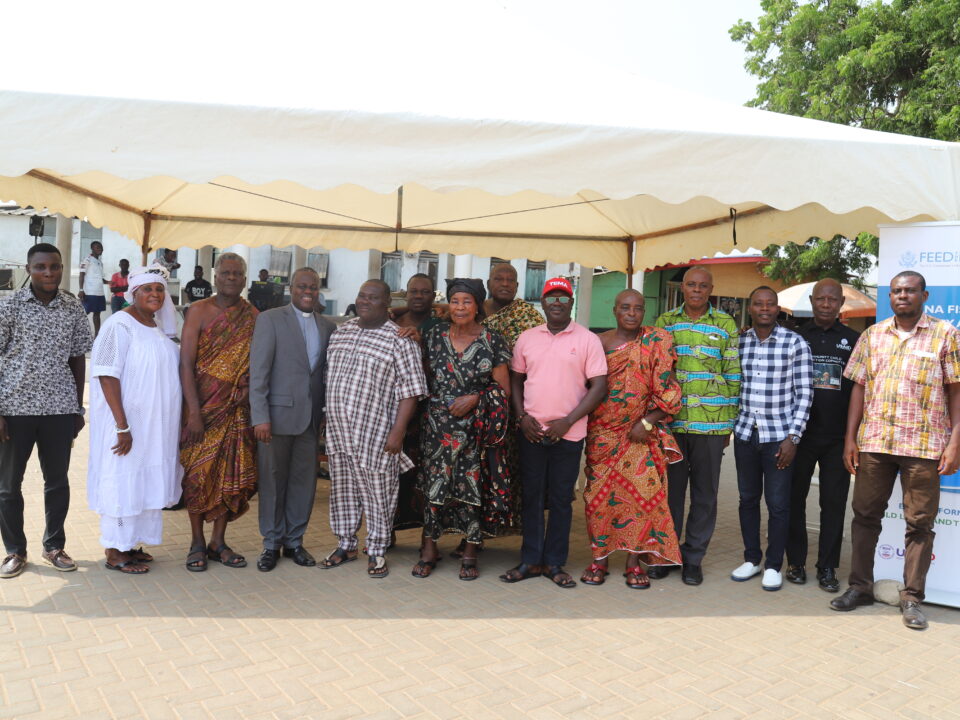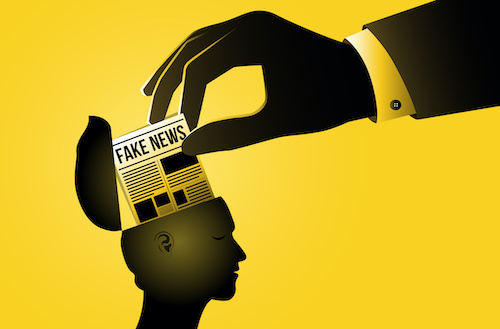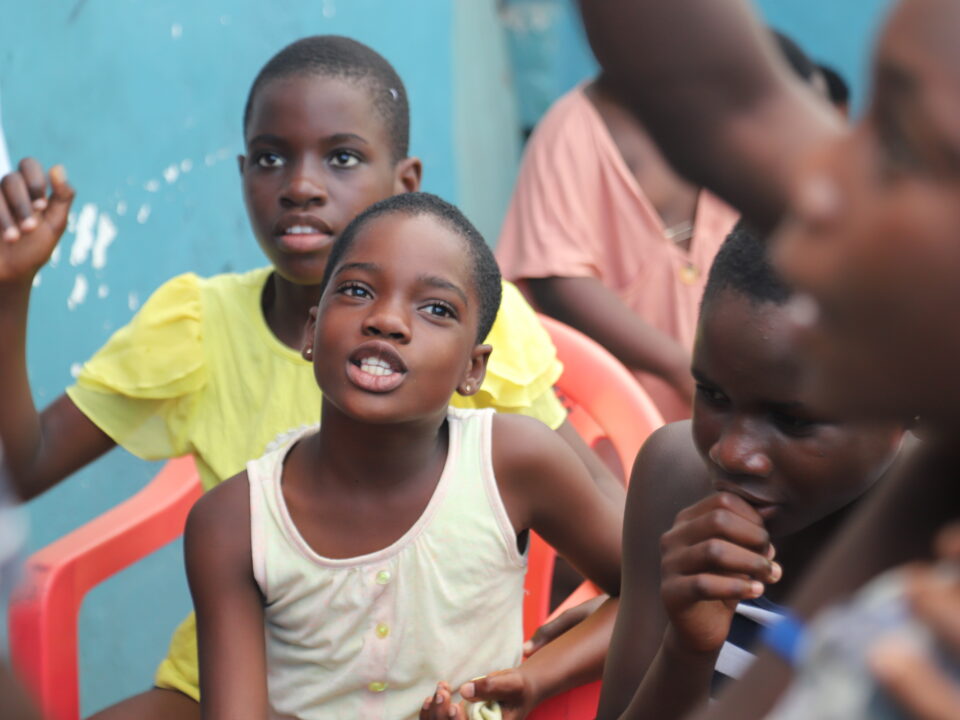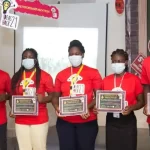
Team H.E.AD Wins Regional Sanitation Hackathon
November 18, 2021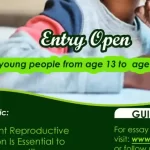
Healthy Happy Youth Essay Competition
December 13, 2021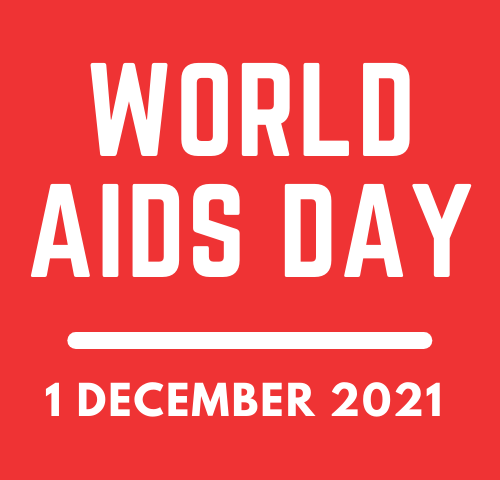
Every year on December 1st, the world commemorates World AIDS Day. It is an opportunity for people all around the world to come together in the fight against HIV, to show solidarity for individuals living with HIV, and to remember those who have died as a result of an AIDS-related illness. The global HIV epidemic is not ended, and it is worsening, wreaking havoc on communities and countries. According to the UNAIDS study, 38 million individuals worldwide are infected with HIV, the greatest number ever. However, one-quarter of those infected are unaware that they are infected.
Knowing your HIV status has numerous benefits. It also enables people to make informed decisions about HIV prevention alternatives, such as services to prevent HIV infection in children, male and female condoms, harm reduction services for persons who inject drugs, voluntary medical male circumcision, and pre and post-exposure prophylaxis. HIV prevention, testing, treatment, and care services are all being disrupted, particularly in nations with fragile healthcare systems.
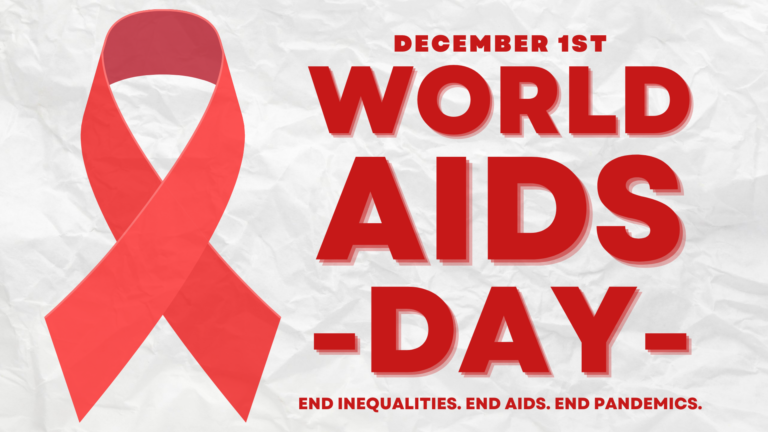
Eliminating stigma and prejudice, putting people first, and basing our actions on human rights and gender-responsive policies are critical to eliminating the HIV and COVID-19 pandemics. Although there is a widespread belief that addressing underlying social inequities should be prioritized during a crisis, it is obvious that doing so is essential if the crisis is to be addressed. Hence, the theme for World AIDS Day 2021 is ‘End inequalities. End AIDS. End pandemics.’ Without decisive action to address inequality, the world risks missing AIDS-eradication targets by 2030, as well as a prolonged COVID-19 pandemic and a spiralling social and economic crisis.
At CYIB-Curious Minds, we believe that World AIDS Day is significant because it reminds the public and government that HIV has not been eradicated and that there is still a critical need to raise funds, promote awareness, combat prejudice, and enhance education. We also recognize that it is critical for young people to have access to proper information on preventive measures and therapies in order to avoid high risk and reduce the death rate caused by the pandemic. Our effort in providing the right information about HIV and AIDS is not only through advocacy on the radio but also through our continued partnerships with other agencies for communities across Ghana to ensure reproductive health information and services are available for young people i.e under the UNESCO-funded O3 project we have reached over 10,000 young people on and offline.
If we are to end AIDS by 2030, we must address economic, social, cultural, and legal inequities as soon as possible. By combining our efforts, we will be able to close the HIV/AIDS access gap in terms of prevention, treatment, and care. We will eradicate disparities, AIDS, and other pandemics, and ensure the right to health for all, through global solidarity and shared responsibility.

